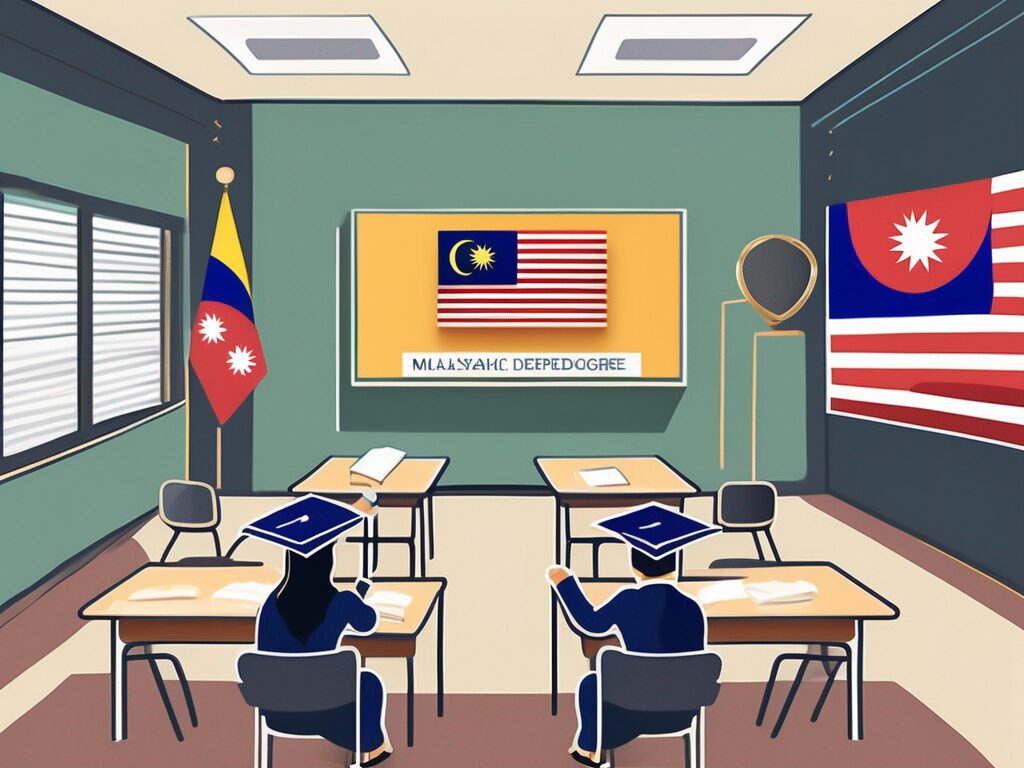What are the Advantages and Disadvantages of Globalization in Education?
Globalization has transformed the landscape of education, offering both opportunities and challenges for aspiring international teachers. In this article, we will explore the advantages and disadvantages of globalization in education, providing insights into how educators can navigate this dynamic environment.
Table of Contents
- Why is it Important for Aspiring International Teachers?
- Key Skills or Qualifications Required
- Steps to Get Started
- Challenges and How to Overcome Them
- Best Practices and Tips for Success
- Conclusion
Why is it Important for Aspiring International Teachers?
Globalization in education opens up a world of opportunities for teachers, allowing them to work in diverse cultural settings and gain international experience. According to recent job market trends, there is a growing demand for educators who can adapt to global curricula and diverse student populations. This trend highlights the importance of understanding globalization’s impact on education for those seeking international teaching roles.
Key Skills or Qualifications Required
To thrive in a globalized educational environment, aspiring international teachers need specific skills and qualifications:
- Cross-cultural communication skills
- Adaptability and flexibility
- Proficiency in multiple languages
- Understanding of international curricula
- Relevant teaching certifications
Steps to Get Started
Embarking on a career in international education requires careful planning and preparation. Here are some steps to get started:
- Obtain necessary teaching certifications, such as TEFL or iQTS.
- Gain experience in diverse educational settings.
- Network with international educators and organizations.
- Stay updated on global education trends and policies.
Challenges and How to Overcome Them
While globalization offers numerous benefits, it also presents challenges such as cultural differences, language barriers, and varying educational standards. To overcome these challenges, educators should:
- Engage in continuous professional development.
- Seek mentorship from experienced international teachers.
- Embrace cultural diversity and inclusivity in the classroom.
Best Practices and Tips for Success
Success in a globalized educational environment requires strategic planning and execution. Here are some best practices:
- Incorporate global perspectives into lesson plans.
- Utilize technology to connect with educators worldwide.
- Foster an inclusive classroom environment.
- Continuously assess and adapt teaching methods.
Conclusion
Globalization in education presents both opportunities and challenges for aspiring international teachers. By understanding its impact, acquiring the necessary skills, and implementing best practices, educators can successfully navigate this dynamic landscape. Embrace the journey and unlock the potential of a global teaching career.
Want to become a teacher in a Tier 1 international school? Join the course here.

